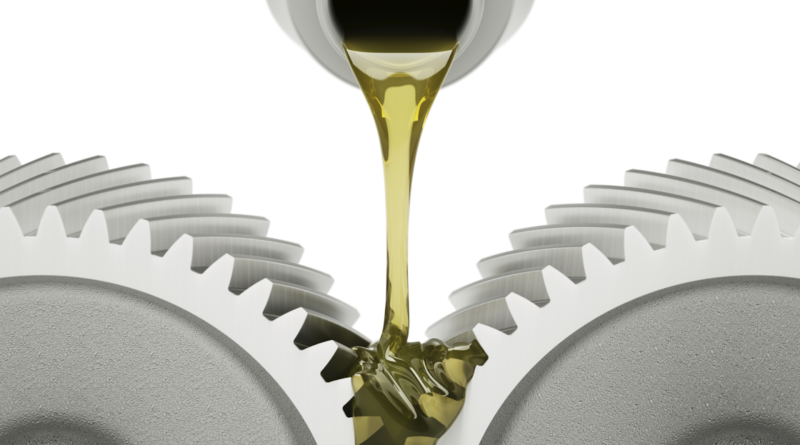“The Essential Role of Lube Oil Refining Plants in Ensuring Engine Efficiency and Longevity”
Introduction
Lubricating oil, often referred to as lube oil, plays a pivotal role in the smooth operation of engines and machinery across various industries. From automobile engines to industrial equipment, the quality and performance of lube oil can significantly impact the efficiency and longevity of these systems. Lube oil refining plants are critical facilities that refine crude oil into high-quality lubricating oils. In this article, we will delve into the key components and processes involved in lube oil refining plants, highlighting their crucial role in ensuring optimal engine performance.
- Crude Oil Feedstock
The journey of lube oil begins with crude oil. Crude oil, extracted from underground reservoirs or offshore drilling, serves as the primary feedstock for lube oil production. Different types of crude oil sources and grades can yield distinct properties in the final lubricating oils. Lube oil refining lube oil refinery carefully select and process specific crude oil feedstocks to meet the desired product specifications.
- Distillation Process
One of the initial steps in lube oil refining is the distillation process. Crude oil is heated and then vaporized, allowing the separation of various hydrocarbon components based on their boiling points. This process yields a range of fractions, including light hydrocarbons, gasoline, diesel, and heavier components like lube oil base stocks.
- Hydrotreating and Hydrocracking
To enhance the quality of lube oil, hydrotreating and hydrocracking processes are employed. Hydrotreating involves the removal of impurities and the saturation of unsaturated hydrocarbons to improve the oil’s stability and resistance to oxidation. Hydrocracking, on the other hand, breaks down heavier hydrocarbons into lighter, more valuable ones. These processes result in base oils with improved viscosity and thermal stability.
- Additive Blending
Lube oil isn’t just plain base oil; it’s a carefully formulated blend of base stocks and additives. Additives are crucial components that provide specific properties such as anti-wear, anti-foam, detergency, and antioxidant capabilities. Lube oil refining plants have extensive laboratories to develop and test additive packages to meet the performance requirements of various applications.
- Quality Control
Quality control is a paramount aspect of lube oil refining plants. Rigorous testing and analysis are conducted at every stage of the production process to ensure that the final product meets or exceeds industry standards. Quality control measures include viscosity testing, pour point analysis, and oxidation stability assessments.
- Packaging and Distribution
Once the lube oil has been refined and tested, it is packaged into various container sizes, from small bottles for consumer use to large drums and bulk shipments for industrial customers. Proper packaging and labeling are essential to ensure the safe and efficient handling of the product during distribution.
- Environmental Responsibility
Modern lube oil refining plants are increasingly focused on environmental responsibility. Sustainable practices are integrated into the refining processes to minimize waste, reduce emissions, and optimize resource utilization. This includes recycling waste materials and utilizing energy-efficient technologies.
Conclusion
Lube oil refining plants are the backbone of the lubricant industry, ensuring that engines and machinery run smoothly and efficiently. These facilities undergo a series of complex processes to transform crude oil into high-quality lubricating oils with specific performance characteristics. With a commitment to quality control and environmental responsibility, lube oil refining plants play a pivotal role in supporting industries worldwide by providing essential lubrication solutions for optimal engine performance and longevity.




